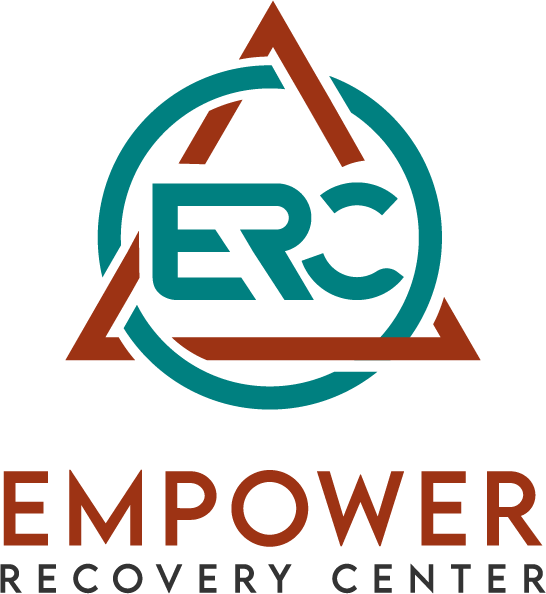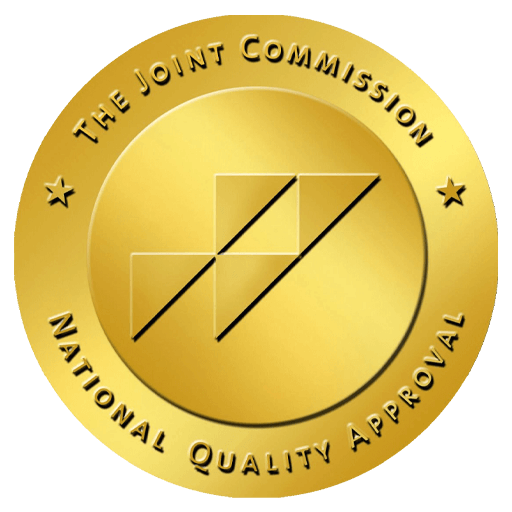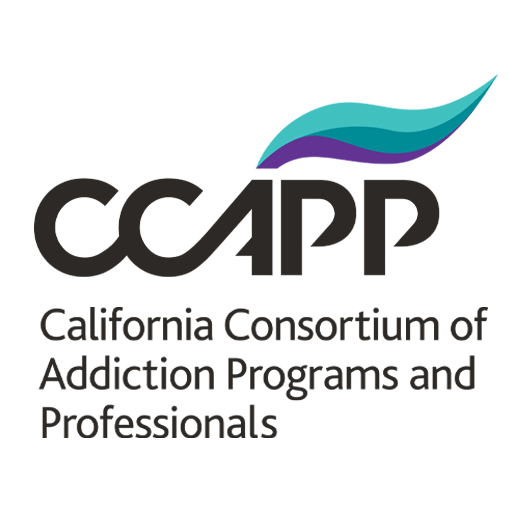The Journey to Independence
As someone who’s been in the field for over two decades, I’ve seen countless young adults grapple with the complex challenge of launching into independent living. The term “failure to launch” has become more prevalent in recent years, describing young adults who struggle to transition to independent adulthood. The reasons are varied and can range from economic factors, personal anxieties, to clinical diagnoses like depression or anxiety disorders. Yet, failure to launch therapy programs offer a cornerstone of hope, providing structured interventions designed to address these challenges.
At Empower Recovery Center, we recognize that the path to independence is not a one-size-fits-all journey. Our failure to launch therapy programs are customized, acknowledging each individual’s unique set of circumstances. Through incorporating both evidence-based treatment and holistic support systems, clients are equipped with the necessary tools to stride toward self-sufficiency. By fostering a supportive environment, these programs aim to empower young adults to develop resilience and a sense of autonomy.
What Are Failure to Launch Therapy Programs?
Failure to launch therapy programs are structured interventions specifically tailored to assist young adults who struggle with transitioning to independent living. These programs address a variety of underlying issues such as motivational deficits, skill gaps, and emotional regulation. The primary goal is to guide participants in developing the skills and mindset necessary to navigate adulthood successfully.
At their core, these programs are built on a foundation of therapeutic techniques, life coaching, and practical skill-building activities. Clinicians work closely with individuals to identify barriers and construct a personalized roadmap towards autonomy. This often involves counseling, behavioral therapy, and sometimes medication management, to ensure a comprehensive approach to overcoming obstacles.
Many individuals in failure to launch therapy programs benefit from experiential learning opportunities. These might include workshops on job readiness, social skills training, and even mock interviews. By immersing clients in real-world scenarios, they gain confidence and competence in navigating everyday challenges.
The Role of Family in the Launch Process
The involvement of family plays a pivotal role in the success of failure to launch therapy programs. Families provide not only emotional support but also serve as critical components in reinforcing the skills and strategies learned in therapy. It’s crucial for family members to be informed and actively engaged in the process to create a supportive home environment conducive to growth.
At Empower Recovery Center, we offer family counseling sessions as part of our comprehensive approach. These sessions help families understand their role in the young adult’s journey and provide them with tools to assist without enabling dependency. Open communication and boundary-setting are key aspects we address, ensuring that families can support their loved one’s quest for independence effectively.
Families often face their own set of challenges and emotions. Navigating the balance between offering support and encouraging independence can be tricky. Our programs emphasize psychoeducation for families, offering workshops that delve into topics such as managing expectations and fostering resilience in their young adult.
Common Concerns About Therapy Programs
A frequent concern about failure to launch therapy programs is whether they truly facilitate long-term independence or merely provide temporary relief. Skepticism often arises around the efficacy and sustainability of such interventions. However, success stories and empirical data suggest that these programs can significantly improve life outcomes when appropriately implemented.
Another area of concern is the cost associated with these therapy programs. It’s important to remember that many centers, including Empower Recovery Center, work with insurance providers and offer flexible payment options to make these services accessible to a wider population. Investing in a young adult’s future through these programs can sometimes be the catalyst needed for invaluable life changes.
Lastly, the stigma attached to requiring such programs can deter individuals and families from seeking support. It’s vital to challenge these perceptions by highlighting that seeking help is a courageous step towards positive transformation. Therapy programs are not indicative of failure but rather a proactive move towards empowerment and self-discovery.
Transparency and communication with clients about what the programs entail and potential outcomes can alleviate hesitations. Client testimonials and success rates can offer reassurance and build trust in the therapeutic process.
How to Choose the Best Failure to Launch Therapy Program?
Selecting the right program is essential in ensuring the best possible outcomes. Here are steps to guide you in making this critical decision:
- Identify Specific Needs: Assess the specific challenges the young adult is facing. Whether it’s social anxiety, lack of motivation, or skill deficits, understanding these needs is the first step.
- Research Program Offerings: Look for programs that offer a comprehensive approach addressing both psychological and practical skills.
- Consider Location and Accessibility: The program’s location can be significant, especially for family support and involvement.
- Inquire About the Therapeutic Approach: Make sure the program’s therapeutic model aligns with your values and expectations.
- Evaluate Success Stories: Testimonials from past participants can provide insight into the program’s effectiveness.
It’s also crucial to ensure that the chosen program offers a supportive network that extends beyond the immediate therapy period. At Empower Recovery Center, alumni programs are a vital component, providing ongoing resources and support to maintain progress.
Mental Health Insights in Launch Programs
Addressing mental health is a significant component of failure to launch therapy programs. Conditions like anxiety, depression, and ADHD often coexist with the challenges of launching, complicating the transition to independence. At Empower Recovery Center, we integrate mental health services into our programs to ensure a holistic approach.
Through therapy and medication management, we tackle these mental health conditions head-on. Our team of professionals is dedicated to identifying the interplay between mental health and life skills, crafting personalized treatment plans that address both spheres. Focused interventions can lead to improved emotional regulation and increased motivation.
Additionally, empowering clients with knowledge and strategies to manage their mental health independently is crucial. Psychoeducation and self-management techniques are woven into the framework of therapy, equipping individuals with lifelong skills for thriving autonomously.
- Personalized treatment plans
- Psychoeducation and self-management
- Integration of mental health services
Ensuring mental well-being is central to overcoming failure to launch. Hence, treating co-occurring mental health issues is just as important as addressing practical life skills within these therapy programs.








